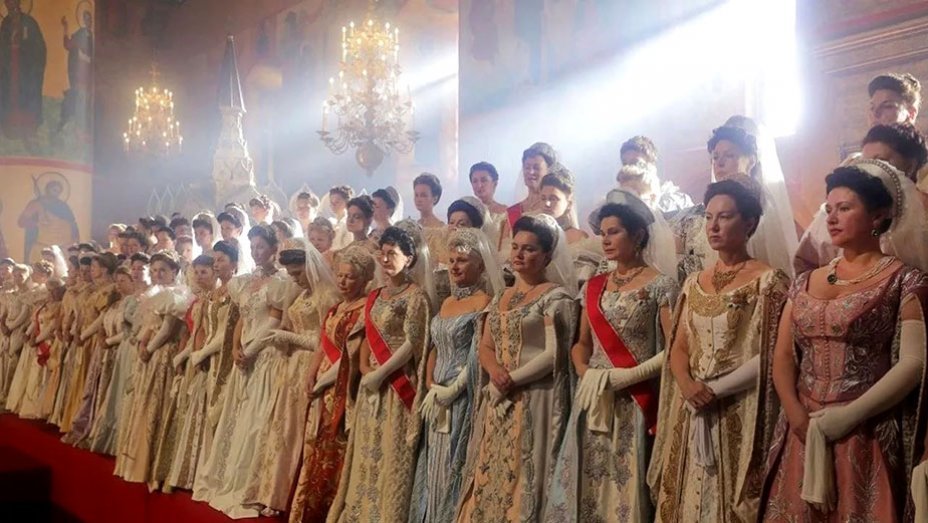Writing for Open Democracy, Kateryna Botanova, a Ukrainian curator and critic, denounces the rise of anti-Russian censorship in Ukraine amidst Russia’s annexation of Crimea in 2014 and the ongoing conflict with pro-Russian rebels in eastern Ukraine. According to Botanova, the Ukrainian government has banned Russian films and books from being broadcast or sold in Ukraine, and has even banned a popular sitcom because one of its Russian actors expressed support for Russia’s annexation of Crimea. Botanova argues that with this kind of censorship, Ukraine is putting nationalism above democracy and freedom of speech. As she writes, “The more single-mindedly Ukraine tries to get ‘away from Moscow,’ the more it slips into the system the Kremlin enforces.” Here’s an excerpt from the piece:
In the Ukrainian media world, news about yet another Russian cultural figure, film or book being blacklisted is hardly world-shattering. Over the last four years, the list has lengthened to include 118 people. The legal import of books from Russia (previously massive in scale) has practically stopped, and although an expert committee at the State Committee for TV and Radio Broadcasting regularly publishes lists of banned books (there are 25 at present), there is no indication of either the criteria used or checks on its effectiveness. Meanwhile, the Ukrainian public has split into two clear camps. One will support any action that limits Russia’s media and cultural presence (especially of the mass produced kind) in Ukraine’s public sphere. The other argues for a “ban on bans”, on the grounds that freedom of speech is an essential element of democracy, or that in our age of global communication it’s basically impossible to ban anything …
Over nearly four years of gruelling war, Ukrainian civil society has grown and matured immensely, learned how to organise itself and engage in volunteer activity, initiate reforms and try to keep a check on the state, combat propaganda and, very slowly and with great difficulty, talk about the war. But in its self-sacrificing fight for freedom and democracy, Ukrainian civil society seems to be increasingly losing its sensitivity to that same freedom.
Image from Matilda, a Russian film banned by Ukrainian officials. Via the Hollywood Reporter.
